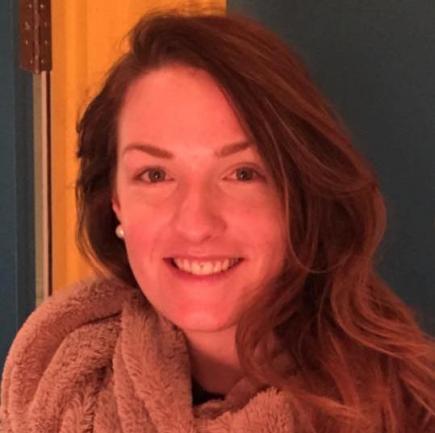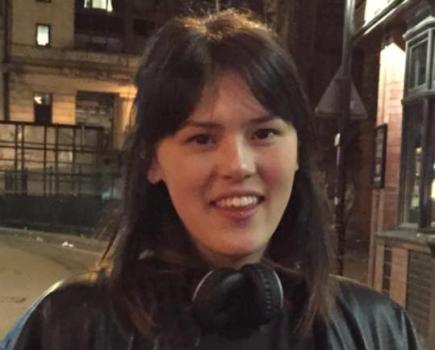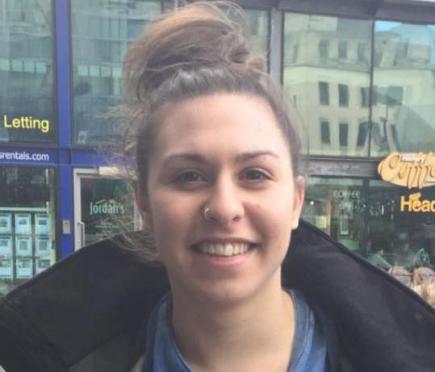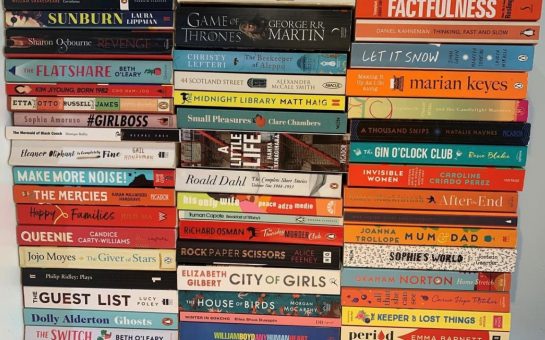From pouting ‘selfies’ to perfectly-filtered snaps of last night’s pie and chips, when it comes to social media photographs both the extraordinary and the mundane are now being shared more than ever before.
Thanks to Facebook, Twittter and Instagram, photographs have become the most dominant platform for personal, and public, representation in recent years.
Global use of smart phones has made the camera a property of the public, yet it is often used to create a ‘better’ online version of ourselves, distorting reality and presenting our lives in the way we choose to.
It is thought that the number of photographs taken in 2014 approached 880billion and that 10% of all the photos ever taken in the history of humanity were taken last year.
While one may consider this the quintessential essence of a narcissistic and intellectually stunted age, others see the photograph as a beneficial tool for the distribution of knowledge and experience.
MM took to the streets of Manchester to ask:
Are ‘selfies’ and Facebook photographs ruining the joy of real life experience?
| YES | 84% |
| NO |
16% |
Nina Simone-Clark, 22, a Manchester University graduate, did not feel there is anything morally unacceptable about taking a lot of photographs, but said there is a risk of not living in the ‘moment.’
“It’s bad if you get lost snapping everything you do. If you’re constantly documenting everything, you won’t enjoy the moment,” she said.
“At the same time, in a moral sense, I don’t think there is anything negative to it. I am definitely guilty of taking too many photos myself.
“Although you don’t want to lose yourself, it is nice to capture something special.
“If you use ‘selfies’ on a public platform, you can build an image of yourself that does not reflect reality.
“But, if you’re having a good hair day, why not?”

LIVE FOR THE MOMENT: Nina Simone-Clark its important not to get too carried away with photographs
Daniel Appleton, 30, an assistant manager from Manchester, believed that the amount of photographs taken by people can be ‘overkill’.
He said: “Everyone is more interested in showing people what they are doing than actually enjoying what they are doing.
“It can be interesting to see what people are doing with their lives, but it can be overkill as social media is plastered with pictures of their dinner.”
Alistair Lambert, 24, a mechanical engineering student at Manchester University, says photographs on social media make users feel that they should constantly show the best of themselves and their life.
He said: “I’m selective about what I choose to show other people. We are bombarded with so many photos of other people, I guess social media makes you feel like you should show your best.
“Taking photos and sharing them boils down to marketing yourself, and your life, and how you sell and express that. Like, ‘hey look at me, I’m happy.'”

MR SELECTIVE: Alistair Lambert says he carefully selects what to put out on social media
When asked whether the ‘selfie’ can be beneficial in any way, he added: “You make it good or bad by what you do with it. All selfies are looking for attention, but it can be used as good promotion for either yourself, or a cause, such as cancer awareness.”
Nancy Connolly, 55, a journalist from Dublin, thought that taking photographs was a great way of keeping people informed about what you’re doing, but said she was worried that the use of social media could mean that one day such pictures will be lost.
“People are a bit obsessed with taking pictures, and it takes the good out of some really great occasions,” she said.
“But it is a great way of keeping up to date with friends and family who are far away.
“My extended family is in Ireland, and now when I see them I know exactly what they have been up to and the conversation flows. No awkward catching up.”
However, the journalist’s real concern was publishing photographs on websites such as Facebook and Twitter.
She said: “The trouble with all this is that it will all be lost. Back in the day we kept photographic prints, and my worry is that we will have no photographic record as nobody prints anymore, and things can get lost on a computer.”

SELFIE QUEEN: Sophie Chen admitted she’s guilty of taking a lot of ‘selfies’
Sophie Chen, 23, an Art student at Manchester Metropolitan, admitted she is guilty of taking a lot of photographs and ‘selfies’ but says the habit is ‘engrained’ in our culture.
“Everyone is absolutely obsessed with taking photos. Everything needs to be documented,” she said.
“You glamourise your life, my life is nowhere near as exciting as my portrayal on social media. Let’s not deny it, everyone loves an audience.
“I’m very much guilty, but it’s engrained in our generation and culture. I do think it is narcissistic, but it is just the way things are.”
Ami Hewit-King, 23, an estate agent in Manchester, discussed the irony of taking photographs to send and show people, while missing the ‘moment’ yourself.
She said: “I found myself at Whitworth Art Gallery talking pictures of the art, then taking pictures of people taking pictures of that art. I was just thinking about good angles for Instagram.
“I didn’t actually get the chance to appreciate what I was seeing. It’s ironic because someone has created a piece of art, and I am trying to create art out of that.
“It is almost contradictory. You’re wasting your own time taking pictures, but you’re showing other people what you haven’t properly seen yourself.”

ISN’T IT IRONIC: Ami Hewit-King said she found herself to occupied with photographs to take in the moment at an art gallery
When asked about the implications of taking ‘selfies,’ she concluded: “‘Selfies’ and social media affect those who are impressionable. Kids are so responsive to hash tags, and the internet can easily generate harmful images.”
Chyna Sudbury, 26, an architect, thought that often documenting an event is more important than the actual event, and that ‘selfies’ can be a confidence boost at the same time as creating unrealistic expectations.
“Technology is constantly changing the way we do things, how we learn, how we process information. Therefore the amount of photos now taken will affect today’s culture,” she said.
“Everyone feels the need to look fun, quirky and exciting, like its an extension of themselves.
“People definitely spend more time worrying about how good the documentation of an event will be, rather than the actual event.”
Chyna also said: “‘Selfies’ make people feel good about themselves, it’s always good to have a confidence boost, but it may have just made our expectations higher, especially with all these editing apps that make everything look better.”
Rikki Baker, 22, waitress and graduate of Television studies at Leeds University, believed that taking photographs is generally a positive thing, and the ‘selfie’ can make you feel good about yourself.

ALL ABOUT THE SELFIE: Rikki Baker said the chance to ‘freeze a certain moment in time’ is a good thing
She said: “Remembering a particular thing visually is always going to be better than remembering the same thing through memory. For example a friend or family member who has passed away.
“The chance to freeze a certain moment in time is a great thing. It can make that moment last forever.”
When asked about the benefits of the ‘selfie,’ she added: “If a ‘selfie’ makes you feel better about yourself then why not!
“However, I do have the fear that the world as a whole is becoming more concerned with what others think, rather than how they feel about themselves.”
Image courtesy of Dim Mak Records, with thanks.


